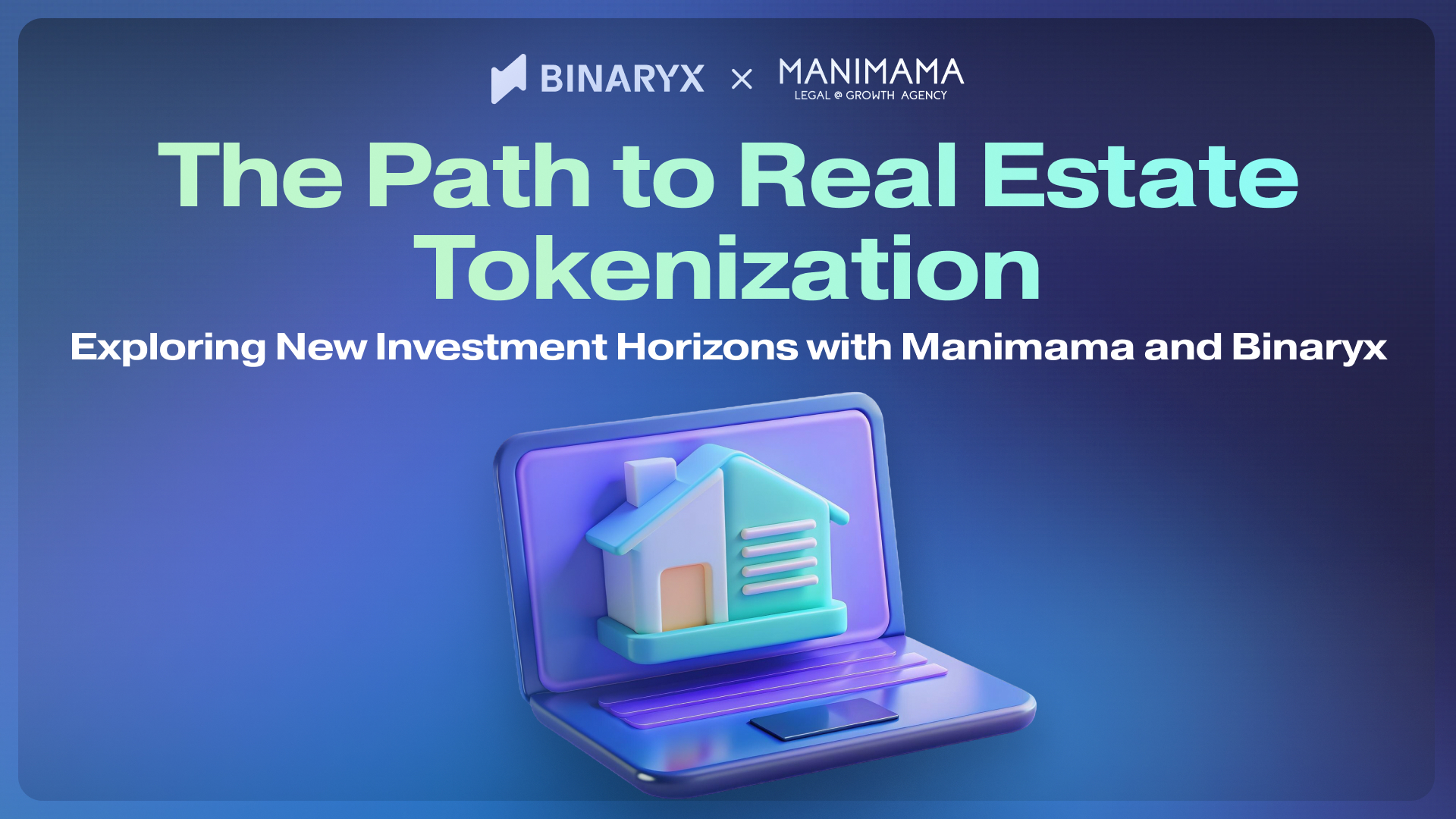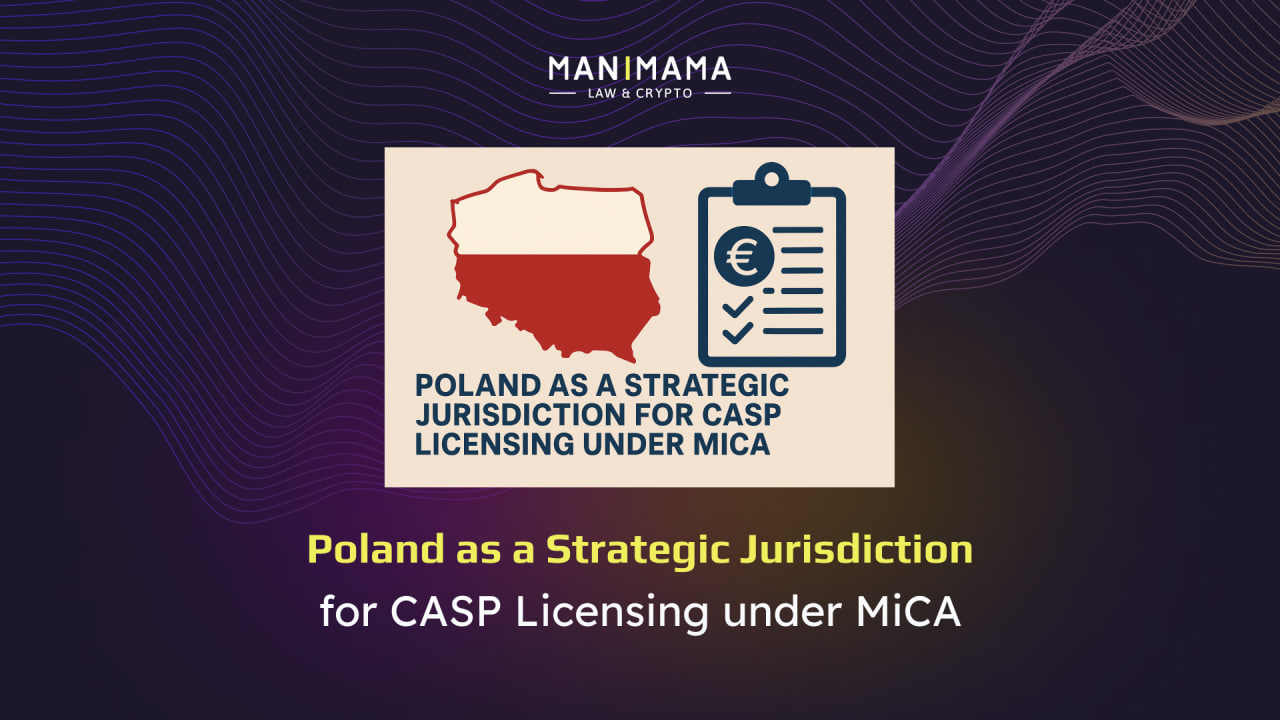With the Binaryx platform and expert legal support from Manimama, the process becomes innovative and secure.
In this article, we will explore:
- The preparatory steps required for real estate tokenization
- How fractional investments compare in the context of tokenization versus traditional methods
- Success cases of tokenization on the Binaryx platform
This material will help you understand how tokenization opens the door to new investment possibilities and show how proper preparation can maximize the benefits of this cutting-edge approach. Ready for change? Keep reading!
What Preparatory Steps Must a Platform Take to Implement Real Estate Tokenization from a Legal Perspective?
Real estate tokenization is a complex, multi-step process requiring thorough legal preparation. To successfully execute a project, a platform must navigate several critical stages:
- Client Questionnaire
The process begins with a comprehensive questionnaire that helps define the foundational parameters of tokenization. Key questions include:
- What will be tokenized? (e.g., commercial or residential property)
- Who is the target audience? Professional or retail investors?
- Where will tokens be distributed, and will resale be allowed?
- What is the token issuance volume, and what is the minimum investment threshold?
- What are the entry and exit terms for investors?
These questions help clients understand the project’s future structure while providing lawyers with the information needed to develop a tailored approach.
- Defining the Corporate Structure
Based on the questionnaire, a corporate structure model is created. For instance:
- If the target includes U.S. investors, a legal framework suitable for this jurisdiction is selected.
- For European investors, a different approach is applied, considering the regulatory specifics of the EU.
- Drafting Documentation for Token Issuance
Once the project structure is approved, all necessary documents are prepared, including:
- Operational agreements governing the DAO (Decentralized Autonomous Organization).
- Legal opinions on the nature of the tokens (e.g., whether they qualify as securities).
- Marketing communication documents and instructions for investors, covering potential tax implications.
- Website legal documents ensure the platform operates transparently and complies with the law.
- Legal Support for Token Issuance
At this stage, legal support is provided for all processes related to token issuance, including technical platform integration and investor relations. Lawyers also assist with token resale arrangements and exit strategies for investors.
- Executing the Project Roadmap
After developing a comprehensive vision, the approved plan is implemented step by step, following a carefully designed legal strategy.
This systematic approach ensures that real estate tokenization is transparent, legally compliant, and beneficial for all participants.
Comparison of Equity Investment Processes With and Without Tokenization: A Legal Perspective
Equity investment involves legally formalizing the relationship between the investor and the investment object. However, these processes differ significantly depending on whether a traditional approach is applied or tokenization is used.
- Legal Documents and Investor Rights Protection
In traditional equity investment, investors enter into conventional agreements such as:
- Share purchase agreements
- Shareholder agreements
- Bond purchase agreements
These documents clearly regulate the rights and obligations of the parties and often include additional guarantees. Investors typically receive physical documents (e.g., shares, bonds, or other certificates) that confirm their ownership of the asset or company.
In tokenized equity investment, all rights, obligations, and conditions are embedded within the token itself. The token acts as a digital asset that replaces traditional documents while maintaining their functionality. Instead of signing separate contracts, investors operate with the token, which serves as proof of their participation in the project.
- Target Investor Audience
Traditional equity investments primarily attract institutional investors such as:
- Banks
- Funds
- Large companies
These entities are willing to invest substantial sums and typically have in-house legal departments to analyze agreements.
Tokenization broadens access to a new generation of investors, including:
- Retail investors seeking to invest smaller amounts
- Crypto enthusiasts interested in decentralized investment opportunities
Through tokens, even small-scale investors can participate in large projects, democratizing investment access.
- Legal Simplicity vs. New Challenges
Traditional processes rely on well-established legal tools, ensuring clarity and predictability. However, this can lead to complexity due to extensive paperwork and strict adherence to formalities.
While tokenization simplifies access to investments, it introduces new legal challenges. Platforms must consider:
- The legal framework in the countries where tokens are distributed
- The nature of the asset
- The rights of investors
Despite these complexities, tokenization automates many aspects of the investment process, such as token resale.
Tokenization: a new era of investment.
Tokenization offers an innovative approach that complements traditional models by expanding capital-raising opportunities. For platforms and businesses, it presents a gateway to a global investor market, and for investors, it provides access to assets that were previously out of reach.
Real Estate Tokenization Process at Binaryx Platform
Legal Foundation of the Process:
Binaryx use an innovative DAO LLC structure for real estate tokenization, providing robust legal protection for investors. A separate LLC in Wyoming is created for each property, which then issues tokens on the blockchain. By purchasing tokens, investors gain corporate rights as a share in the DAO LLC, rather than direct property ownership. This structure is grounded in state legislation, ensuring transparency and participant protection.
DAO Governance Mechanism:
The DAO LLC operates on a decentralized governance principle: all key decisions are made through token-holder voting. Smart contracts automate processes, affirming investors’ rights to participate in the DAO. For instance, in cases like changing the management company or selling the property, decisions are made collectively, minimizing risks of fraud or non-transparent actions.
Legal Due Diligence of Properties:
Binaryx conducts comprehensive legal due diligence for each property, including analyzing ownership rights, developer documentation, and compliance with regulations. For properties in Bali, for example, this includes reviewing regional planning and leasehold status. This approach ensures that investors engage with legitimate properties that are ready for rental or use.
Documentary Transparency:
All essential documents are available on the platform, including DAO LLC registration certificates, lease agreements, compensation agreements, and contracts with management companies. For example, documentation for Karra Loft 5 confirms that the asset owner is Binaryx Bali Asset 4 DAO LLC. This level of transparency helps investors clearly understand their rights and obligations.
Binaryx Platform offers a comprehensive approach that combines blockchain innovation with reliable legal support, making real estate investment accessible and secure.
As Conclusion
The collaboration between Binaryx Platform and Manimama is a vivid example of the synergy between innovative technologies and impeccable legal support, opening new horizons for investors worldwide. Together, we create conditions where real estate tokenization becomes a reality of convenient, secure, and efficient investment tools.
Thank you for staying with us on this transformative journey. Your trust is our greatest value. There is much more exciting ahead, and we are thrilled to be your partners in reaching new heights in the world of investments.
We are grateful for your attention and invite you to further communication. Our mission is to help you realize your most ambitious projects, and we are always ready to assist you every step of the way.
Stay with us and see you soon in the next articles!
Our Contacts
If you want to become our client or partner, feel free to contact us at support@manimama.eu.
Or use our telegram: write to our bot @ManimamaBot.
We also invite you to visit our website: https://manimama.eu/tokenization-services/.
Join our Telegram to receive news in a convenient way: Manimama Legal Channel.
Manimama Law Firm provides a gateway for the companies operating as the virtual asset wallet and exchange providers allowing to enter to the markets legally. We are ready to offer an appropriate support in obtaining a license with lower founding and operating costs. We offer KYC/AML launch, support in risk assessment, legal services, legal opinions, advice on general data protection provisions, contracts and all necessary legal and business tools to start business of virtual asset service provider.
The content of this article is intended to provide a general guide to the subject matter, not to be considered as a legal consultation.











